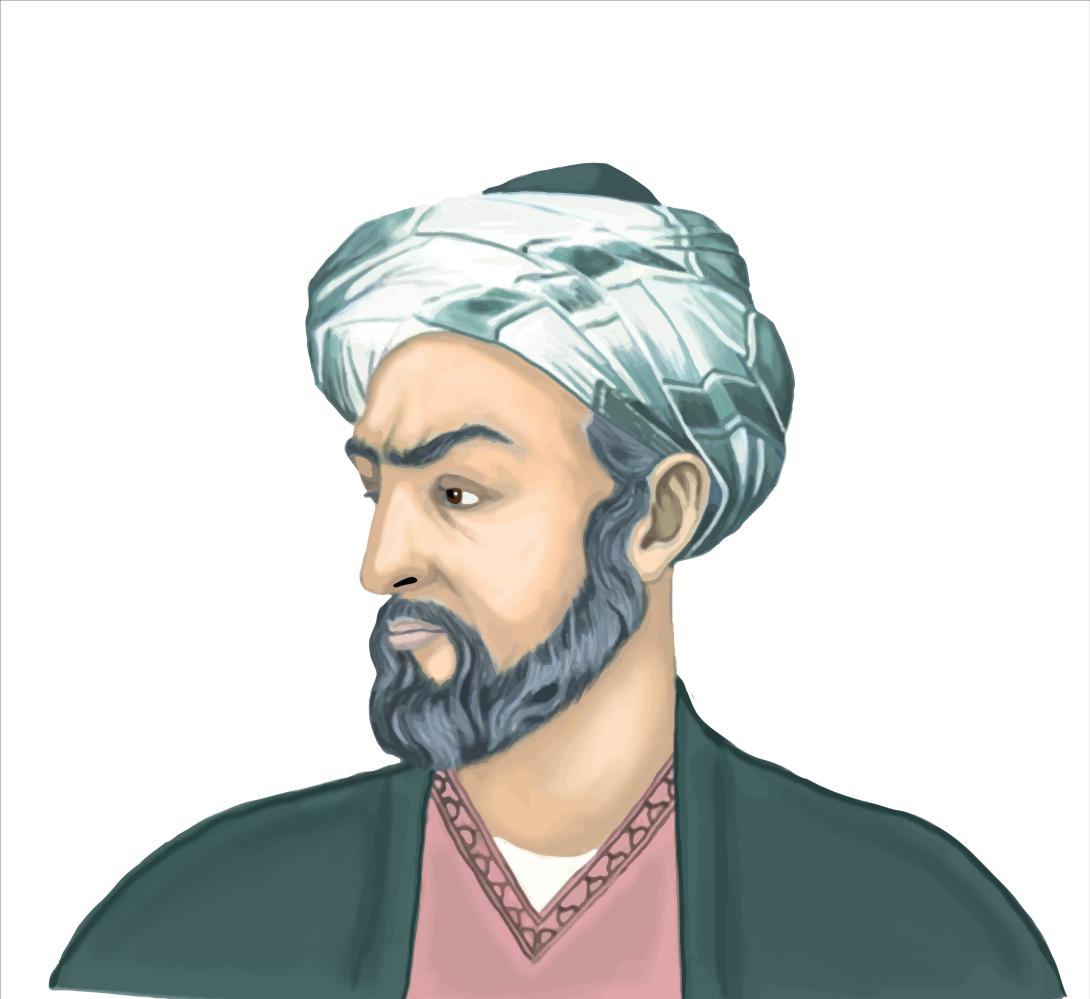About the Lecture: According to a long-standing, but now widely discredited, narrative about philosophy in the Islamic world, it more or less ends with the commentaries of Ibn Rushd (Averroes) in the 12th century. In fact, philosophy continued to be pursued with great sophistication for centuries thereafter. But there was indeed a difference: whereas early philosophical discussions mostly centered around Aristotle, as of the 12th century the focus moves to the ideas of Ibn Sina (Avicenna), who displaced him as the definitive figure who all serious intellectuals needed to confront. In this presentation, Prof. Adamson will compare this development to the scholastic tradition in medieval Latin philosophy, suggesting that there are striking parallels: these range from the way that texts were written to the specific topics that received attention. In some cases we even see the same arguments being devised independently of one another in Latin and Arabic, simply because in both traditions it was so important to respond to Ibn Sina.
Peter Adamson is Professor of Late Ancient and Arabic Philosophy at the Ludwig Maximilian University of Munich. He is the author of Al-Kindī and Al-Razī in the series “Great Medieval Thinkers” from Oxford University Press, and has edited or co-edited numerous books, including The Cambridge Companion to Arabic Philosophy and Interpreting Avicenna: Critical Essays. He is also the host of the History of Philosophy podcast, which appears as a series of books with Oxford University Press.

